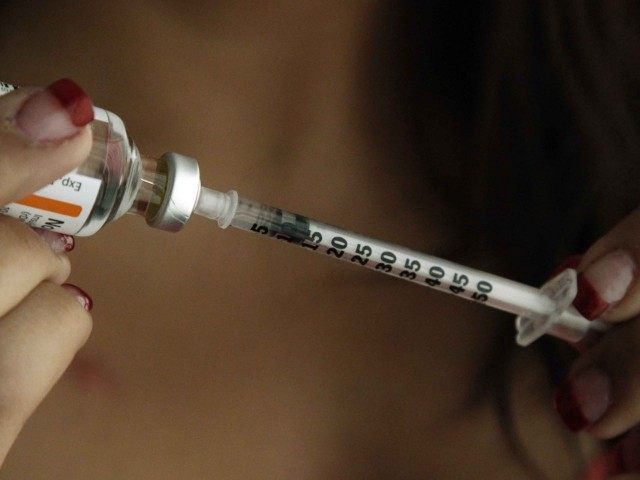American medical researchers have just announced the potential end of daily insulin injections for Type 1 diabetes patients through an innovation that restores insulin production for up to a year.
About 29.1 million Americans, or 9.3 percent of the population, suffer from diabetes. Slightly more men have diabetes than women. The disease strikes 7.6 percent of whites, 9.0 percent of Asians, 12.8 percent of Hispanics, 13.2 percent of blacks, and 15.9 percent of American Indians/Alaskan
The disease remains the 7th leading cause of death in the United States, with 69,071 death certificates listing diabetes as cause of death and a total of 234,051 as an underlying or contributing cause of death.
About 1.25 million children and adults have Type 1 diabetes. The disease is hereditary and not caused by diet. In those affected, the pancreas does not produce the insulin hormone to breaks down sugars and starches into a simple sugar called glucose, which the body uses for energy.
With daily insulin injections, even young children with Type 1 diabetes can obtain glucose from the bloodstream into the cells of the body. But sufferers often will have to give themselves multiple daily injection for decades for the rest of their life.
It has been known for over a decade that billions of “T-regs” in a normal functioning pancreas act as “peacekeepers” to protect insulin-making cells from being attacked and destroyed by the body’s immune system. Type 1 diabetes is called an autoimmune disease because sufferers cannot produce sufficient T-regs to protect insulin cells.
Researchers from the University of California and Yale reported in Science Translational Medicine that they were able to harvest small numbers of surviving “T-regs” in Type 1 diabetes sufferers, multiply them in a test tube by up to 1,500 times, and then infuse the sufferers’ bloodstreams to restore normal function.
The first human trial of 14 subjects demonstrated that the therapy appears safe, and can last up to a year. “This could be a game-changer,” Dr Jeffrey Bluestone, Professor in Metabolism and Endocrinology at the University of California, San Francisco (UCSF), told the UK Telegraph.
In the limited number of patients studied, the treatment not only curtailed the need for regular insulin injections, but also prevented disease progression that can lead in later life to blindness and limb amputation.
UCSF researchers believe T-Reg therapy treatments may prove effective against other autoimmune diseases. Targets for future investigative trials include diseases such as lupus, rheumatoid arthritis, obesity, certain cardiovascular disease and some neurological ailments.

COMMENTS
Please let us know if you're having issues with commenting.